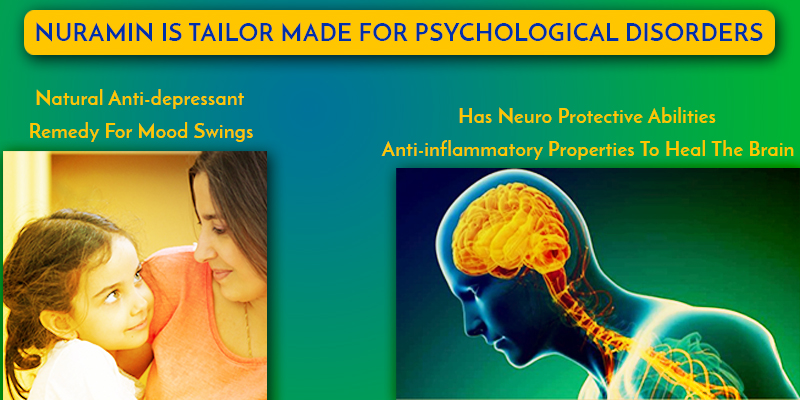Mental illness has recently got a lot of attention worldwide especially after famous people like Deepika Padukone confessed about their own trysts with it. However, even today, for most people mental illness translates only to depression and anxiety in its mild form and absolute, stark, raving mad in its severe form. There are very few who truly understand the spectrum of mental illness. That it can encompass many conditions like PTSD, bipolar disorder, schizophrenia etc. is not common knowledge.
Bipolar Disorder is a mental condition that causes extreme mood swings in an individual. One minute they might be feeling in-the-pits low while the very next minute they might be jumping for joy. This abnormal and sudden turn of moods, ability and energy levels can cause quite a bit of mayhem in the sufferers life as well as in the life of those living with them and around them.
There are broadly 4 categories of bipolar disorder. These are as follows:
1) Bipolar1 Disorder- In this condition there are manic periods interlaced with depressive periods. The manic periods are usually for 7 days at a stretch while the following depressive periods are about 2 weeks long.
2) Bipolar2 Disorder- This is a condition in which the manic episodes are not as intensive as mentioned in the first disorder above. The depressive periods are strong followed by what can be defined as hypo manic periods.
3) Cyclothymia- This is a form of bipolar disorder which is characterized by a hodgepodge of manic and depressive states which lasts for at least 2 years.
4) There could be other variations of this disorder that may not fall into any of the above three categories.
There are a multitude of risk factors for bipolar disorder. Some of these are as follows:
1) It has been observed that a person suffering from bipolar disorder typically has a brain that is structurally and functionally different than that of a healthy person.
2) A genetic anomaly could also be a cause of bipolar disorder.
3) It is seen that bipolar disorder could also be hereditary. If a parent or grandparent suffers from this condition, it is highly likely that the progeny will also inherit it.
In most cases, mental health workers rely on a series of medications to manage bipolar disorder. Someone suffering from this condition may need a cocktail of medicines to fully control all symptoms.
Drugs to Cure BiPolar Disorder
1) Antidepressants
2) Anti psychotics
3) Mood Stabilizers
There are also therapy sessions recommended for those suffering from bipolar disorder. These could include:
1) Cognitive Behaviour Therapy
2) Psychoeducation
3) Family-focused therapy
4) Sleep therapy
There has been some interest in analyzing natural substances for treating bipolar disorder. One of these substances is Curcumin. Curcumin is a natural polyphenol found in turmeric and has been lauded for the truckload of therapeutic properties that it has. For treating bipolar disorder, Curcumin has been studied extensively.
The following inherent properties that it has are helpful in the management of this neurological disorder:
1) Curcumin has neuro protective abilities. The human brain gets affected negatively when the oxidative stress in the body increases. In patients suffering from bipolar disorder, it has been seen that the amount of lipid peroxidation which is a form of cell death due to the annihilation of cellular fats by harmful free radicals, is way higher than others. Curcumin has potent antioxidant properties that help in balancing out the pro-oxidant and anti-oxidant species. This prevents tissue damage and cell death thereby restoring brain health.
2) Neuro-inflammation is a very common feature of bipolar disorder. Microglial cells are the variety of immune cells that are found in the brain. In those suffering from bipolar disorder, these cells are found to be active causing inflammation in the brain. Curcumin is known for its anti-inflammatory properties that help in suppressing the activity of these pro-inflammatory substances thus making it easier for the brain to heal.
3) BDNF or Brain Defined Neurotrophic Factor is an essential protein that is important for a healthily functioning brain. In patients suffering from bipolar disorder, the level of this particular protein is altered. This causes chronic inflammation and mood swings. Curcumin has the ability to bring the level of BDNF back to normal.
4) Curcumin is a great remedy for mood swings and convulsions which are both characteristic of bipolar disorder. It also tones down anxiety by improving the level of DHA in the brain.
5) Curcumin is a strong natural anti-depressant and has been found to be just as effective as Prozac, the drug prescribed for commonly as an anti-depressant. By boosting the levels of two major neurotransmitters – serotonin and dopamine, curcumin can bring down depression and elevate the mood.
Save Yourself from Bipolar Disorder with Nuramin
Nuramin is a wonderful Curcumin based supplement produced at Bagdara Farms in Katni, Madhya Pradesh. It is made using locally grown Curcumin that has been cultivated with great care and attention. No artificial fertilizers or pesticides are used thus reducing the possibility of chemical residues creeping in. It is also processed with utmost care do that it down not get contaminated.
Using this super pure Curcumin, a variety of supplements are made to cure a plethora of diseases. Thus, save yourself from Bipolar Disorder with Nuramin. It is a tailor made for psychological disorders stemming from diminishing brain health. Fortify your brain and feel happier and more alert with each day!

